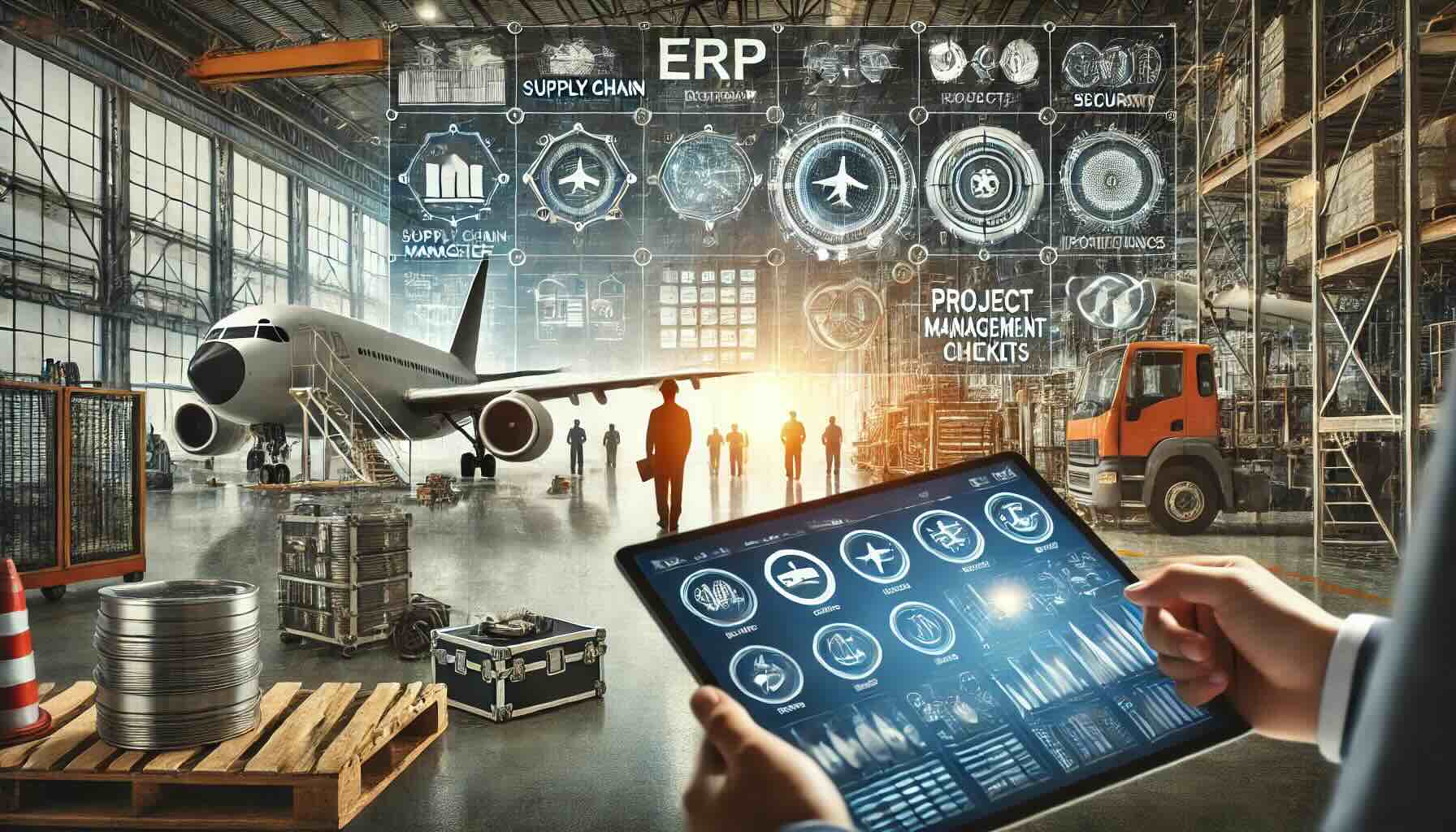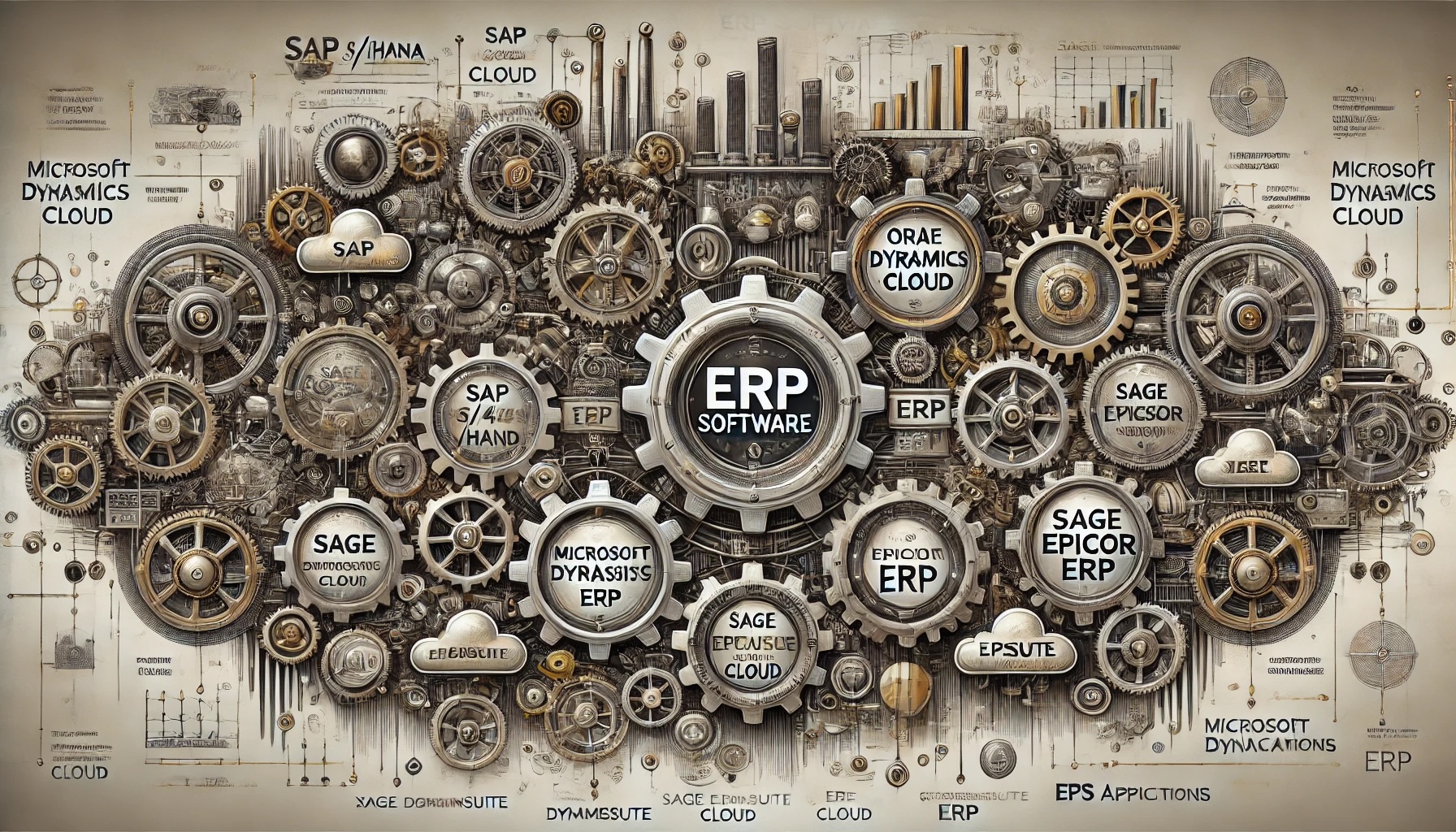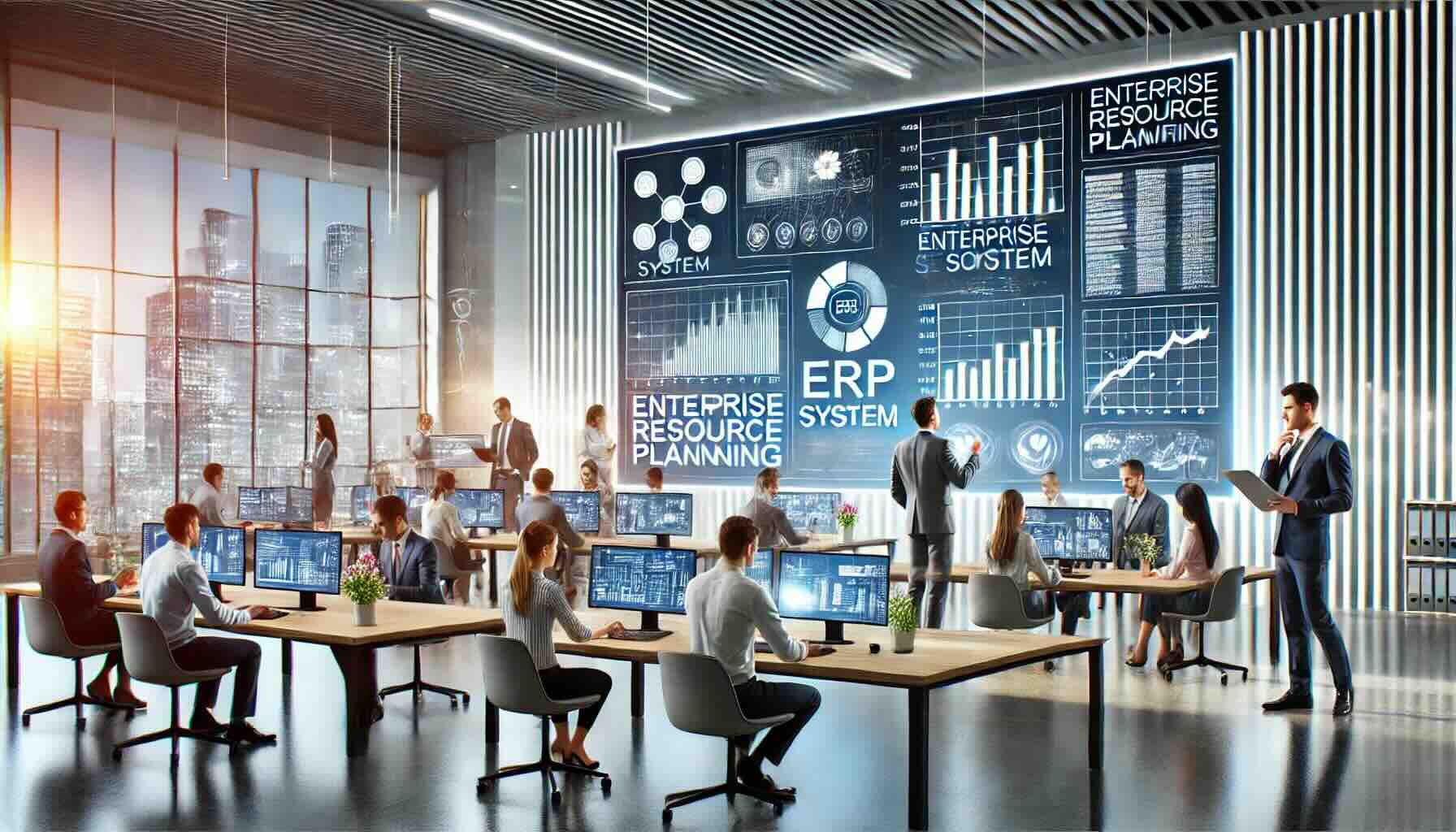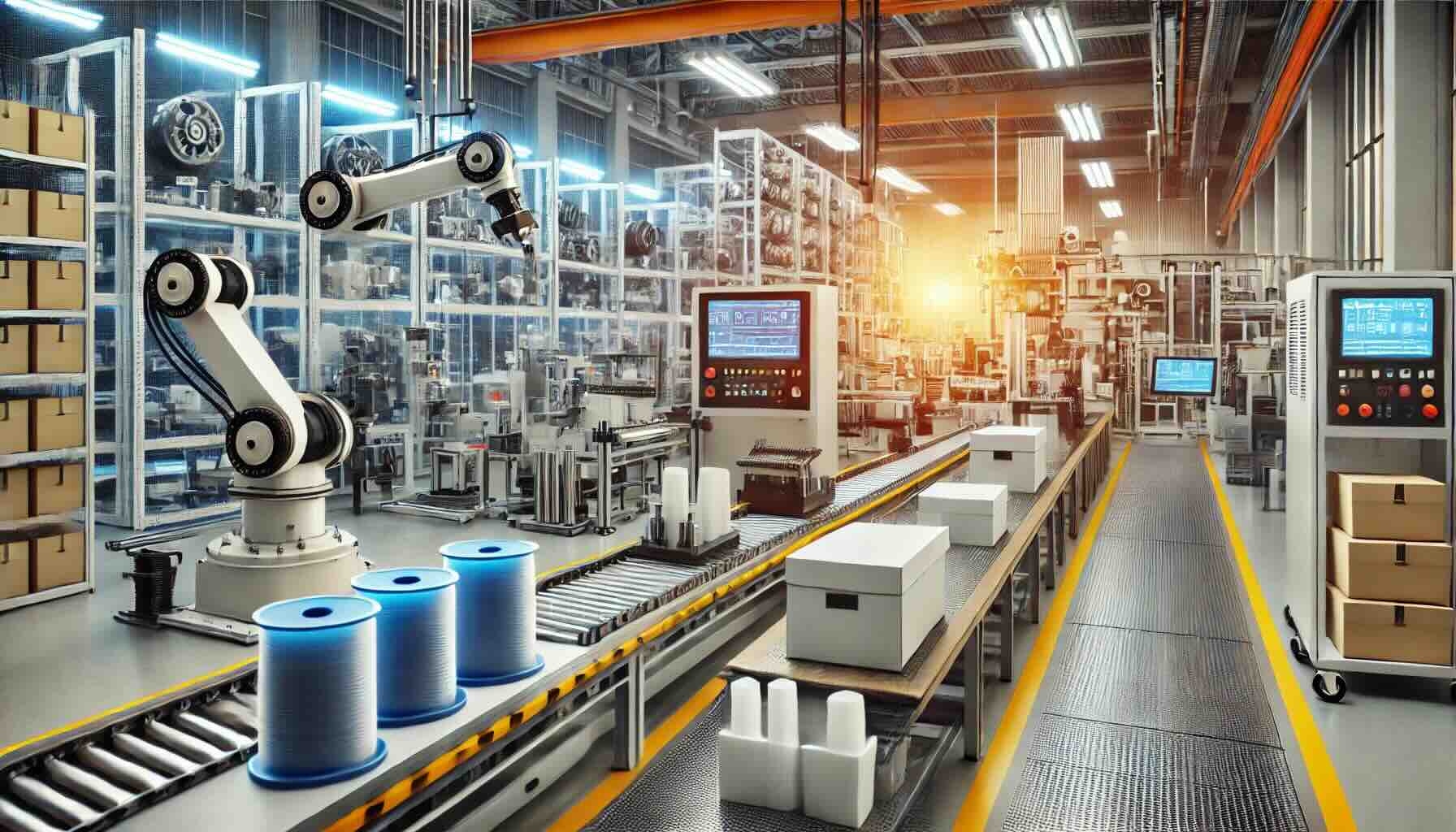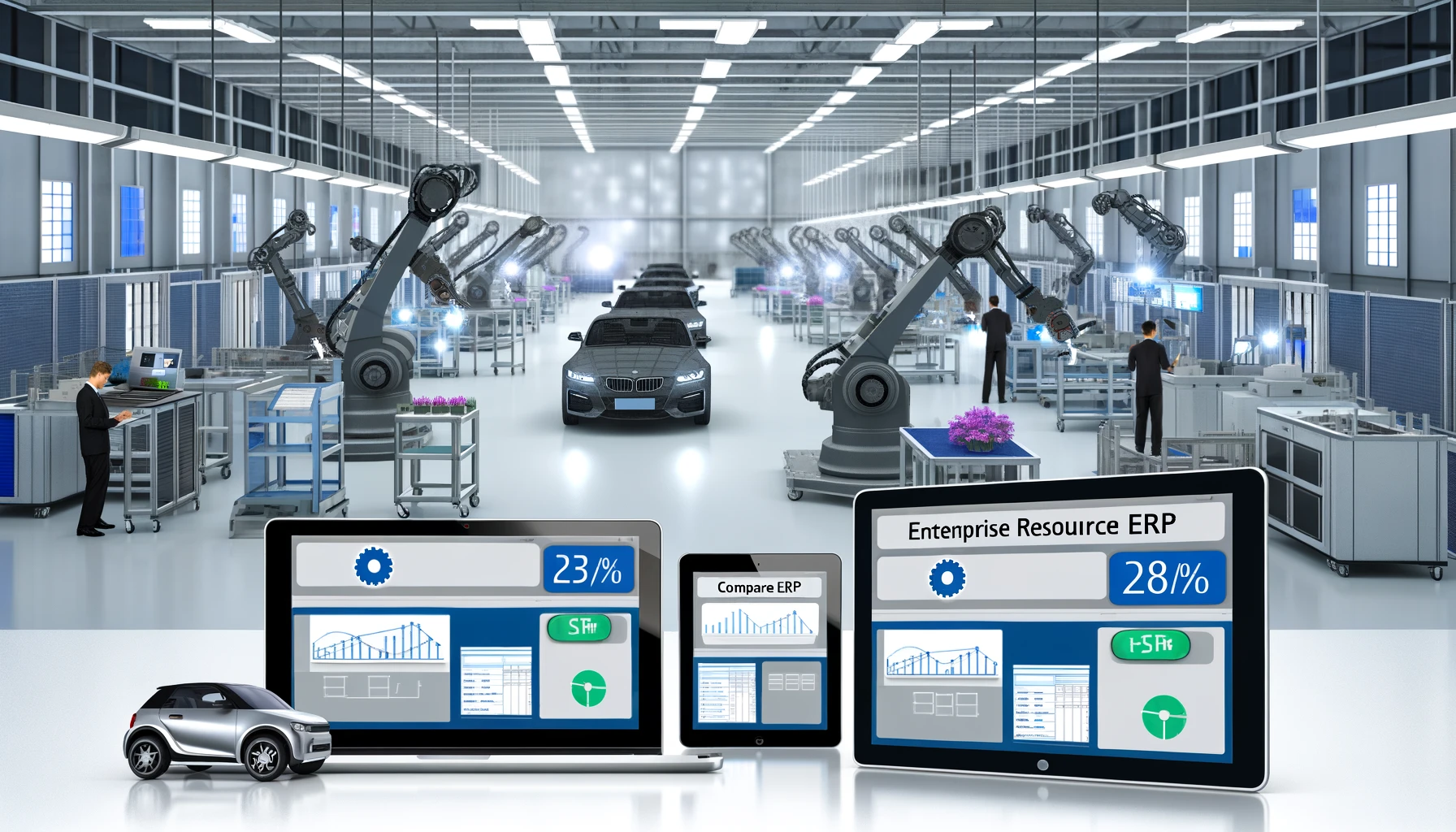Which ERP Software is Best for the Construction Industry?

In the highly complex and fast-paced construction industry, efficiency and coordination are crucial to project success. From managing resources and budgets to tracking progress and ensuring compliance, businesses require a robust system to streamline operations. This is where Enterprise Resource Planning (ERP) software comes in. But with numerous options available, selecting the ERP software best for construction can be challenging. This guide explores the top ERP solutions specifically designed for the construction industry and how they cater to unique business needs.
Key Features to Look for in Construction ERP Software
When choosing the best ERP software for construction, companies should focus on features that address industry-specific challenges. Here are some critical functionalities to look for:
- Project Management: Construction projects involve multiple phases, stakeholders, and timelines. A reliable ERP system should offer real-time project tracking, milestone management, and workflow automation.
- Financial Management: Budgeting, cost tracking, and invoicing capabilities ensure financial transparency and control over expenditures.
- Resource Allocation: Managing workforce, equipment, and materials efficiently is essential for timely project completion.
- Compliance & Risk Management: Construction companies must adhere to safety regulations, labor laws, and environmental policies. An ERP should help track compliance and reduce risks.
- Integration & Scalability: A good ERP system should integrate with existing tools like BIM (Building Information Modeling) software and be scalable for future growth.
Top ERP Software for the Construction Industry
1. SAP S/4HANA
SAP S/4HANA is a powerful, cloud-based ERP solution that provides real-time data processing and analytics. It supports large-scale construction projects with advanced financial and project management capabilities.
Pros:
- Advanced AI-driven analytics
- Strong project and financial management features
- Scalable for large enterprises
Cons:
- High implementation cost
- Requires extensive training
To find out more about SAP S/4HANA you can visit this link.
2. Oracle Netsuite
Oracle Netsuite is a cloud ERP system known for its comprehensive financial management, project tracking, and inventory management, making it a suitable option for construction companies.
Pros:
- Fully cloud-based with strong integration options
- Scalable for growing businesses
- Robust financial reporting
Cons:
- Customization can be complex
- Higher cost for small businesses
To find out more about Oracle NetSuite you can visit this link.
3. Microsoft 365 ERP (Dynamics 365)
Microsoft Dynamics 365 offers a flexible and integrated solution tailored for the construction industry. It excels in financial management, project scheduling, and collaboration.
Pros:
- Strong integration with Microsoft products
- AI-driven insights and analytics
- Scalable and customizable
Cons:
- Can be expensive for smaller firms
- Requires technical expertise for customization
To find out more about Microsoft Dynamics you can visit this link.
4. Infor ERP
Infor ERP provides an industry-specific solution for construction businesses, offering real-time data tracking, project management tools, and compliance features.
Pros:
- Strong supply chain and asset management features
- Cloud-based for easy access
- Industry-specific modules
Cons:
- Implementation can take time
- Requires ongoing IT support
To find out more about Infor you can visit this link.
5. Acumatica
Acumatica is a cloud ERP that offers flexibility and scalability, making it a great choice for small-to-midsize construction firms. It includes project accounting, budgeting, and document management tools.
Pros:
- Cost-effective for small businesses
- Mobile-friendly and cloud-based
- Strong project accounting capabilities
Cons:
- Limited third-party integrations
- May not be ideal for very large enterprises
To find out more about Acumatica you can visit this link.
Choosing the Right ERP for Your Construction Business
Selecting the ERP software best for construction depends on various factors, including company size, budget, and specific needs. Here’s a quick guide to help you decide:
- For Large Enterprises: SAP S/4HANA and Oracle Netsuite provide comprehensive solutions with advanced features.
- For Mid-Sized Companies: Microsoft Dynamics 365 and Infor ERP offer a balance of functionality and affordability.
- For Small Businesses: Acumatica is cost-effective and easy to use.
Conclusion
Choosing the right ERP software is crucial for streamlining operations, enhancing productivity, and ensuring project success in the construction industry. With numerous options available, identifying the best solution can be overwhelming. A well-matched ERP system will improve project management, financial tracking, compliance monitoring, and resource allocation.
How Compare ERP Works:
- Set Your Priorities – Rank what matters most: cost, industry fit, scalability, ease of use, and more.
- Discover the Perfect ERP System – Our AI-powered tool analyzes real data to match you with the best ERP solutions.
- Save Time & Energy – Skip the tedious research and receive a customized shortlist in minutes.
- Get Confident Recommendations – Compare ERP provides clear, concise recommendations, helping you make an informed decision.
Whether you’re moving off an outdated system, upgrading your technology, or starting fresh, Compare ERP simplifies the process, ensuring you find the right fit with ease.
Visit Compare ERP today to take the first step toward a smarter, more efficient ERP solution for your healthcare organization.
